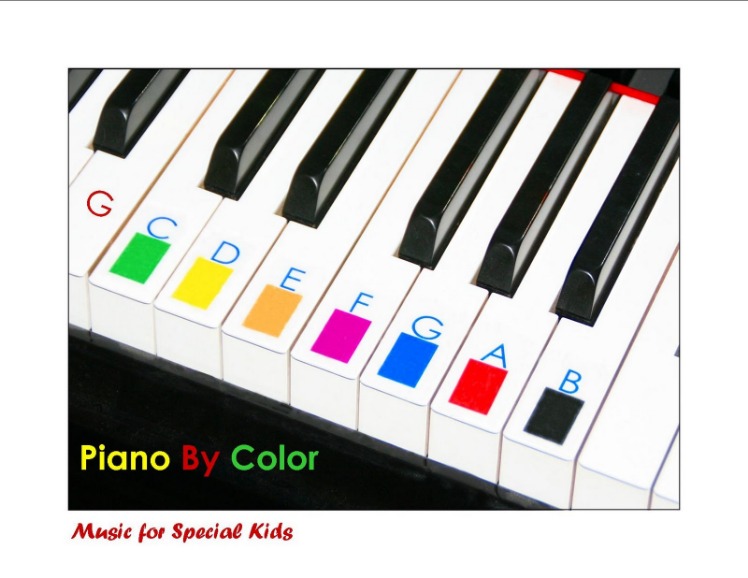Music has the power to transcend boundaries and connect individuals in a way that words cannot. For children with autism, learning to play the piano can be a valuable tool for self-expression, cognitive development, and emotional regulation. Piano lessons for autistic children can provide a structured and supportive environment for them to explore their musical abilities and enhance their overall well-being.
The Benefits of Learning Piano for Autistic Children
Playing the piano offers numerous benefits for children with autism, including:
- Improved Focus: Learning to play the piano requires concentration and attention to detail, which can help enhance focus and attention span in autistic children.
- Enhanced Fine Motor Skills: Piano playing involves intricate hand movements and finger coordination, which can help develop fine motor skills in children with autism.
- Emotional Regulation: Music has the power to evoke emotions and serve as a form of self-expression. Playing the piano can help autistic children regulate their emotions and improve their mood.
- Sensory Integration: The sensory experience of playing the piano, including the sound of the keys and the physical sensation of playing, can help children with autism improve their sensory processing skills.
How to Support Autistic Children in Piano Lessons
When teaching piano to autistic children, it is important to create a supportive and inclusive environment. Here are some tips for supporting autistic children in piano lessons:
- Provide Structure: Establish a predictable routine for piano lessons to help autistic children feel comfortable and secure.
- Use Visual Aids: Visual aids, such as color-coded sheet music or picture schedules, can help autistic children better understand and engage in piano lessons.
- Offer Positive Reinforcement: Use praise and encouragement to motivate autistic children during piano lessons and help build their confidence.
- Adapt Teaching Techniques: Tailor teaching techniques to meet the individual needs and preferences of each autistic child, whether it be through visual, auditory, or kinesthetic learning methods.
In conclusion,
Read more about piano lessons for special needs here.
Piano lessons can be a transformative experience for autistic children, offering them a creative outlet for self-expression and personal growth. By providing a supportive and structured learning environment, autistic children can unlock their musical talent and reap the cognitive, emotional, and social benefits of playing the piano.
